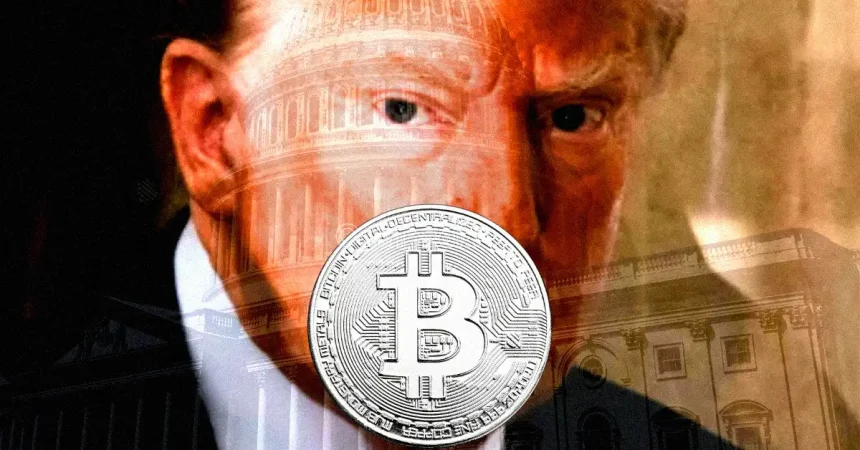47th U.S. President Donald Trump has taken a major step by signing an executive order to create a strategic Bitcoin reserve for the United States. This decision places the U.S. among a small group of nations officially holding Bitcoin as part of their reserves. But the big question remains: how will the government buy Bitcoin without using taxpayer money?
The answer lies in “budget-neutral strategies”—but what exactly does that mean?
The executive order directs the Treasury and Commerce Departments to find ways to acquire Bitcoin without adding financial burdens on U.S. citizens. To achieve this, the government needs to come up with creative solutions, and experts believe several strategies are being considered.
One possible approach is to use the rising value of U.S. gold reserves. The government could trade a portion of its gold for Bitcoin, essentially replacing one valuable asset with another.
However, this idea may face strong opposition from gold supporters, who believe gold is a crucial part of economic stability.
Could the U.S. Start Mining Bitcoin?
Another option being explored is government-backed Bitcoin mining. Some analysts suggest that federal resources, such as unused computing power and excess energy from government data centers, could be used to mine Bitcoin.
Bhutan has been mining Bitcoin since 2019, showing that this strategy can work. However, in the U.S., Bitcoin mining is often criticized due to concerns about its environmental impact.
Bitcoin-Backed Bonds – Following Strategy?
A third idea is issuing Bitcoin-backed bonds. This method, successfully used by Strategy’s Michael Saylor, allowed the company to acquire over 2 percent of the total Bitcoin supply by leveraging debt.
Since Saylor is set to attend an upcoming White House crypto summit, this strategy could gain serious attention from policymakers.
What’s Next?
Although Trump has signed the executive order, additional approval from lawmakers may still be needed before the Bitcoin reserve plan can move forward. Currently, the U.S. government holds around 207,189 BTC, worth nearly $18.48 billion.
In the past, the government has sold large amounts of Bitcoin, a move that Trump’s crypto advisor, David Sacks, has criticized as a major loss for taxpayers.
The U.S. government has played the role of a Bitcoin seller for years—now, it seems ready to switch sides.








